OUR HISTORY
About Foundation history
The Widyatama Foundation was originally named the Bandung Accounting Education and Teaching Foundation (YPPAB) which was established in Bandung on January 3, 1973 on the initiative of Dra. Koesbandijah Abdoel Kadir, Ak (now Prof. Dr. Hj. Koesbandijah Abdoel Kadir, MS, Ak., Chairman of the Management Board of the Widyatama Foundation). This foundation manages the Bandung Institute of Accountancy (IAB) with an Undergraduate Study Program (S1) in Accounting. In 1979 the name of the foundation changed to the Bandung College of Economics Foundation (YASTIEB) and managed the Bandung College of Economics (STIEB) with the S1 program majoring in Accounting and the S1 program majoring in Management, which in 1995 was added to the D3 program majoring in Accounting and D3 majoring in Accounting. Management.



